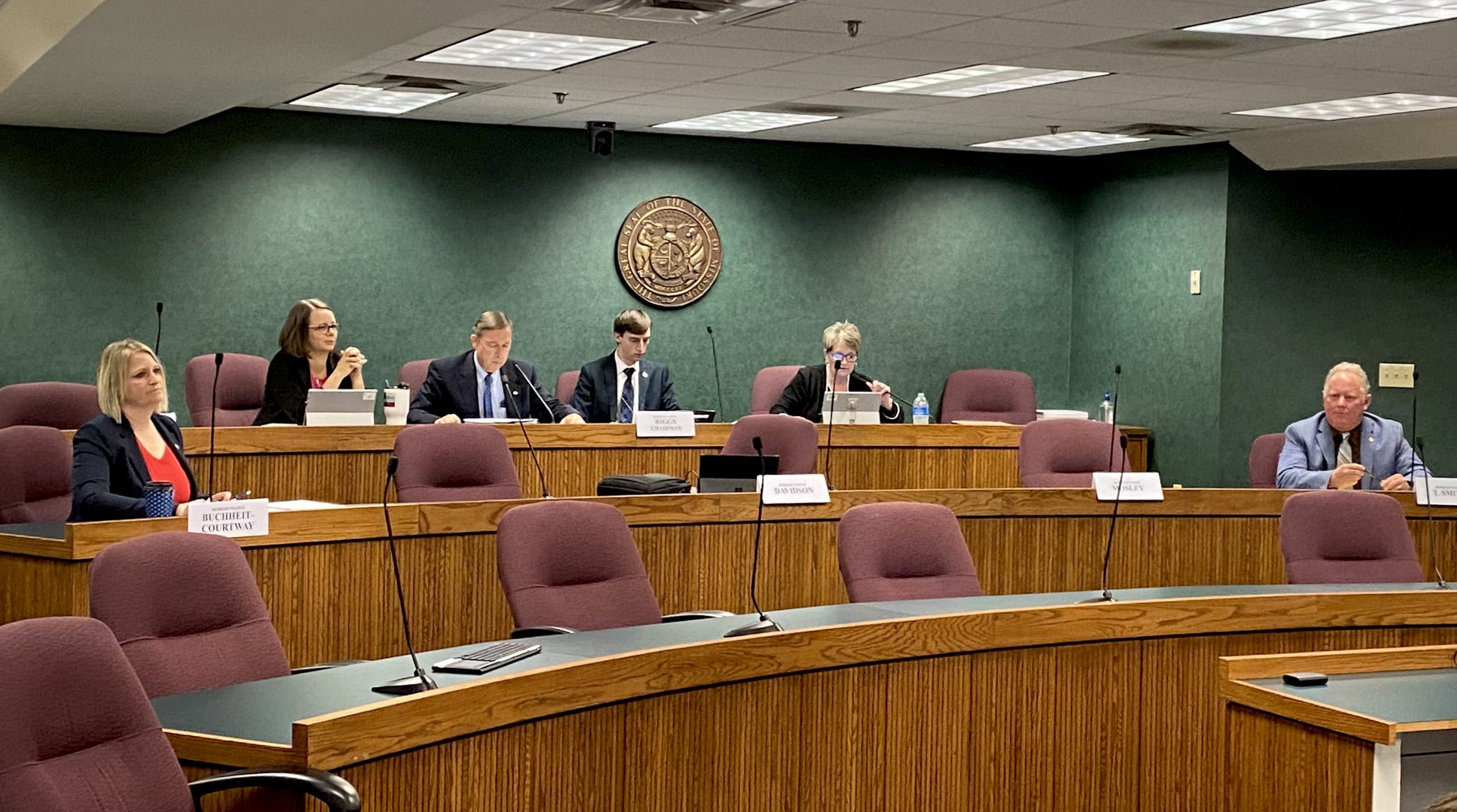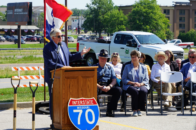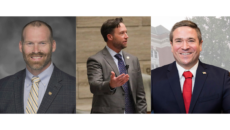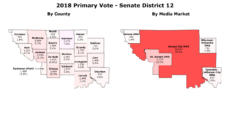JEFFERSON CITY, Mo. — Representatives for Missouri’s electric cooperatives urged lawmakers to increase funding for broadband expansion as they continue to work toward increased access for rural communities.
Sean Vanslyke, CEO and general manager of SEMO Electric Cooperative, advocated for an increase in funding for the Office of Broadband Development to extend broadband to underserved areas like his cooperative. He said Missouri was lagging far behind other states in terms of access and reliability.
“Other states are beating us. If you want to get something done, help get more money and cut down on some of these rules and regulations,” he said. “Access is very important, and not just for work. If you want your grandchildren and family to come see you, you need to have service.”
Missouri ranks No. 32 in broadband access, according to Tim Arbeiter, director of broadband development. Arbeiter said there are more than 147,000 unserved or underserved households and more than 392,000 individuals without reliable internet access in the state.
Vanslyke joined Ralls County Electric Cooperative General Manager Lynn Hodges and Aaron Bradshaw, CEO of Co-Mo Electric Cooperative, before the House Interim Committee on Broadband Development Tuesday afternoon. Hodges said cooperatives were devoted to providing service for all of their customers but faced high levels of debt for their efforts; while his cooperative is 400 homes away from providing fiber service to all of its members, the cost would amount to millions in debt to be repaid over the next two decades.
“A majority of our folks live in rural settings along blacktop roads, and when rural cooperatives deploy, we deploy to 100 percent of our membership,” he said. “It’s not about a lack of effort or desire to see broadband out there — it’s how can we fund it and make it work.”
Missouri Farm Bureau Director of State and Regulatory Affairs B.J. Tanksley and broadband consultant Janie Dunning also advocated for broadband access for the state’s agriculture industry during the four-hour-long hearing. Dunning presented the same request before the Joint Committee on Agriculture earlier this month, pointing out the increased use of technology on farms and pushing for increased coverage to keep Missouri’s largest industry from falling behind.
Kathryn de Wit and Anna Reid with Pew Research Center’s broadband research initiative provided information on broadband initiatives in neighboring states and across the country; the Tennessee Legislature recently allocated $100 million for broadband while Arkansas and Iowa appropriated funds to bolster specific locations across the state. De Wit said the demand for access and increased speed was expected to rise over the next five years as life continues to move online.
Committee Chairman Louis Riggs said members of the panel were organizing town halls in their districts throughout the summer to gather feedback on other states’ policies and proposals, beginning in Kansas City later this month.
The seven-member interim committee was approved by House Speaker Rob Vescovo to convene during the interim with Riggs at the helm. The group will focus on four basic areas: business applications, online education, precision agriculture, and telemedicine. It will also look at things other states have implemented when it comes to broadband access, Riggs said.
The committee will convene monthly throughout the interim; Riggs said the committee would file a report on its findings in December.
The committee approved representatives from Google, Whisper Internet, the University of Missouri, and Kansas City to testify at next month’s hearing.
Broadband is also a focus in Washington, D.C. According to a recent interactive map unveiled by the federal government, a majority of Missouri counties have at least 15 percent of their population without internet access at all with rural areas reporting even higher percentages.
A $64 billion sum has been considered as part of the American Jobs Plan on Capitol Hill, an allocation members of the Biden administration said could make a sizable dent in the digital divide across the nation.

Cameron Gerber studied journalism at Lincoln University. Prior to Lincoln, he earned an associate’s degree from State Fair Community College. Cameron is a native of Eldon, Missouri.
Contact Cameron at cameron@themissouritimes.com.











































